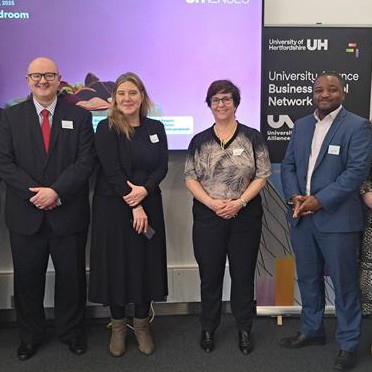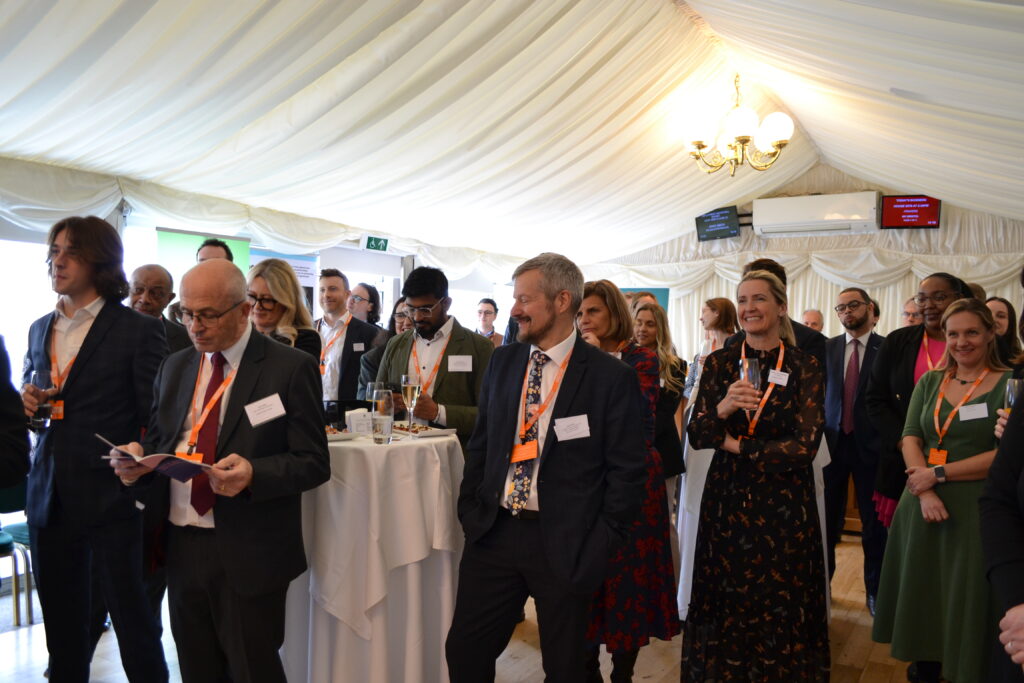On Friday 26 February, Vanessa Wilson spoke at the Westminster Higher Education Forum, which was themed around the following topic: ‘Delivering higher education during the pandemic – learning and value, student rights and expectations, and managing the pressure on higher education providers.’
Wilson’s slot was centred on value for students moving forward and tackling key issues for universities in the wake of the pandemic. She spoke alongside GuildHE CEO, Gordon McKenzie.
Vanessa’s speaking points centred around 7 key themes:
- The value of HE as a future destination for students.
- HE continues to be the most rewarding investment for students
- In 2021, in the absence of ‘jobs for life’ means prospective students are of course weighing up future career prospects when considering whether to invest in a degree
- Narrow debate focuses on graduate earnings but universities are delivering not only career-specific training and pathways, but importantly, transferable skills and personal capabilities that will enable graduates to succeed in an ever-evolving and potentially uncertain job market
- The tragedy of the misrepresentation of Higher Education
- Greatest misrepresentation is that the student population at university in the UK is homogenous. In fact, it is diverse in types of students, course content and delivery- this that’s what makes it a fantastic vehicle for social mobility and why it is world-class.
- This false expectation of homogeneity results in another misrepresentation- that students are all looking for an identical type of university experience. Factors driving student choice are as diverse as the students applying – the false narrative of ‘missing out’ from getting into ‘the best’ universities ignores this agency.
- Top decision-making factors when applying for university this year included whether there was a year in industry or placement and whether the degree is recession-proof
- A diverse sector will be needed to meet growing demand for the 3 ‘ALs’: Technical, Vocational and Professional
- Future skills trend data suggest that these are likely to be the highest in demand and most valuable in the jobs market with some experts predicting 100m additional roles in ‘future specialist high tech’ roles by 2025
- Pandemic also seems to have increased interest in public service professions in particular, with increasing applications for healthcare related courses- needed to meet the ongoing shortages across health and social care
- Technology and the future of digital teaching and learning
- The pandemic has certainly sped up the digital transformation within the sector – not uncommon for UA members to report delivering 5 year digital strategies in a matter of weeks in response to the pandemic- but for UA members, they have been delivering a digital-first approach for a long time before the pandemic required it
- This digital approach to teaching and learning has long been an enabler for the diverse cohorts within UA students, with high proportions of commuter, older, parents/carers, disabled and part-time learners
- By means not an easy journey, certainly a very expensive one but an approach to teaching and learning that is very much to here to stay and the opportunities are truly endless
- What are the challenges facing universities?
- Biggest challenge isn’t pandemic aftershock, but government policy
- An obsession of measuring the success of Higher Education through a blunt set of metrics that puts HE policy dangerously at odds not only with its own ideologies but that of other departments.
- Case to support this is active ‘dis-incentivisation’ of creative arts and cultural industry education provision- having already cut funding to these courses; the government is determined to push the numbers radically down when it’s sister departments in BEIS and DCMS are literally crying out for these skills as the key driver to delivering future innovation and economic growth and prosperity and entrepreneurship
- What does this mean for future generations of students?
- There is a risk we will see a restoration of old orders; a return to a narrow elite afforded the privilege of going to university through raising all the bars and thresholds of entry and narrowing the fields of study
- If the government’s interim Augar report was anything to go by future HE policy could kill off government ambitions to deliver social mobility and deliver opportunity and future prosperity
- We have to hope the government deliver on their promises on FE; to truly deliver choice and opportunity for learners
- As we look beyond the pandemic, universities are critical drivers to their places, and can help with Levelling-up
- As well as supporting individual skilling-up, levelling-up is about transforming communities into places where everyone wants to live and to put down roots. Universities can help by attracting industry into cold spots to drive investment; this is the power our universities have
- True success for this aim will be where social mobility doesn’t mean having to move to London to get a well paid job. Should mean being able to study locally and receive qualifications to secure the career you want on your doorstep.
For more information on any of the points covered, contact press@unialliance.ac.uk. You can find Vanessa on twitter here: https://twitter.com/VSessa




